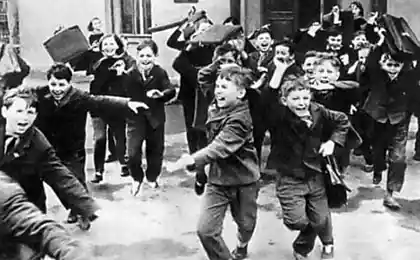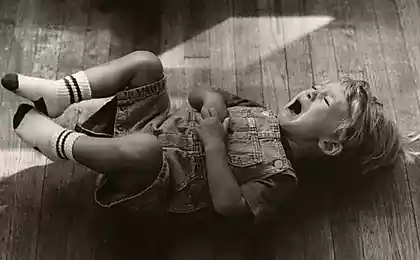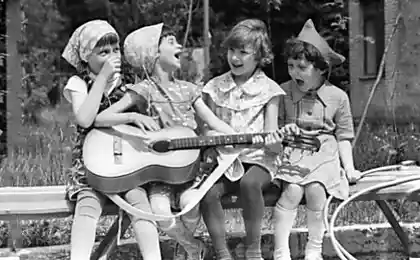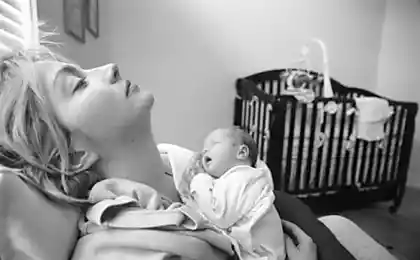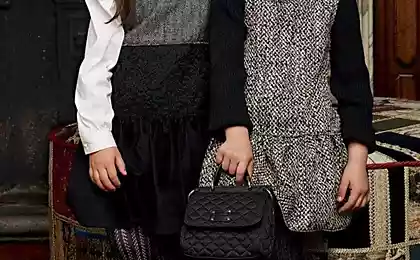481
7 ways to stop children's hysterics
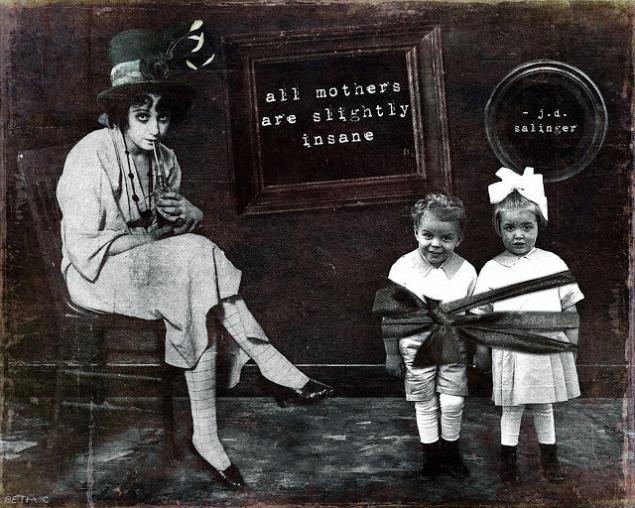
Baby tantrums have a remarkable ability in the blink of an eye to even the most loving parents. We learned from child psychologists on how to deal with children tantrums, taking into account the child's feelings.Tears, screams, demands to do what he wants with children's tantrums faced by all parents. Tantrum in a child is a tough test for both sides. The child tries to cope with the anger, resentment and other feelings that he is still difficult to survive, the parents in response to annoyed, feel guilty in front of others and often get lost between what to do, how it will look from the side and that can really help to stop the tantrum. We have prepared a few guidelines that will help you cope with child tantrums, taking into account what is happening with the child. 1. SHOW INDIFFERENCE When a child throws a tantrum in a public place, we often feel awkward that may provoke our anger and irritation. "Believe me, the surrounding does not consider you a bad mother/father, they are in a rather sorry situation, says family therapist Miriam Chachamu (Miriam Chachamu), author of "How to calm a challenging child" ("How to Calm a Challenging Child", Foulsham, 2008). – If you do not pay attention to whims of the child, it may be much more effective than if you're angry, because children often act up solely to attract your attention."
2. WHAT are the FEELINGS of the CHILD young children are very difficult to understand what is happening to them. They are not yet familiar with your own feelings, and they are very hard to withstand them. It is important that you help your child to name his feelings: "You're mad because I didn't buy(and) you the toy you wanted". It is important to Express my sympathy and understanding. For example, you can say that too, get angry when not getting what you want. But you can be angry in different ways, not all forms of expression of feeling beautiful, useful and effective.
3. INCLUDE the CHILD IN the STRUGGLE WITH the HYSTERICAL Tantrum of a child is a sign that he is unable to cope with their feelings. It is important to understand that he's not just trying to achieve his goal, but really experiencing a huge emotional tension. This will help you not to be annoyed at him, and to unite their efforts in the fight against hysteria. Create with your child a playful name for what was happening to him: he was attacked by a Spitfire, came aunt is Hysterical. This will allow the child to shift focus and see you as a friend instead of a bully.
4. Do NOT RUSH to SAY "NO" to Prevent children's tantrums a lot easier than to stop them. "Many parents say "no" too quickly, which can instantly bring children to the boiling point," says Miriam to Chachamu. Showing your child that you are on his side, you will be able to prevent the conflict. For example, you can say: "I wanted(a) to buy you this toy, but unfortunately, it's too expensive". This explanation of his own position much better than a short sharp "no".
5. OFFER an ALTERNATIVE to Analyze the child's behavior and the situations in which he usually starts to cry and pronounce with him in advance of the possible consequences. For example, if you are going to the store and know that the child can begin to claim to buy him a toy and throw a tantrum because of your refusal, negotiate with him in advance that you both will do in this situation. For example: "I'm going to the store. I can take you with me, but only on the condition that you want to ask for so I bought something today I have no such opportunity." If the child agrees, then it will be useful to agree on what will happen if the agreement is violated. "If you do start to act up, I will no longer have to take you with me to the stores (we don't go to the movies like wanted, etc.)". So not only will you be able to protect themselves from the children's tantrums, but teach your child to understand cause-and-effect relationship of their own behavior and to take the first important election in his life.
6. DIRECT the ENERGY of a CHILD IN ANOTHER DIRECTION To stress your child's body responds archaic reaction of fight or flight. So sometimes, to prevent a crisis, can offer a child an alternative in the form of sports games. Jumping, dancing, playing catch-up in order to free up the energy that has been accumulated for the implementation of the stress response. Persuading the children to classes and offering specific options and maybe your company will help them to remain calm in the rest of the time.
7. ALLOW the CHILD to make AMENDS For bad behavior is not always believed to be a punishment. "The child might feel awful after I do something bad or wrong, says Miriam to Chachamu. And that in itself is punishment. If you allow the child to do something, symbolically atone for his misdeeds, thus you nonverbally tell him that he really was wrong, but what are you willing to accept his apology, – this will allow you both to move on."
Source: /users/1077
16 Simple Ways to Get Rid of Headaches Quickly
Real-space, the existence of which is hard to believe













